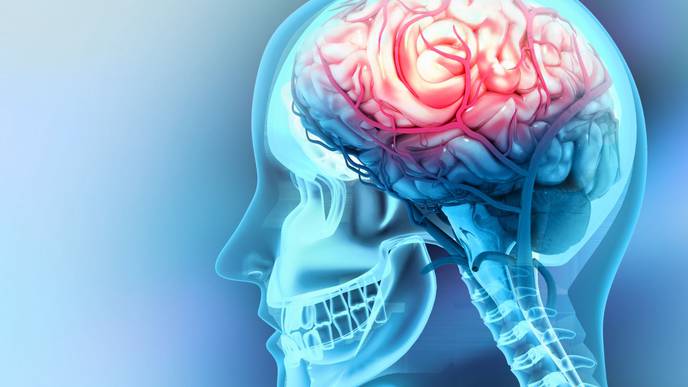ReachMD
Be part of the knowledge.™Dementia Linked to Depression Diagnosis at Any Life Stage

While depression has long been considered one of the first signs of dementia, a recent Danish population cohort study has shown that serious depression diagnosed at any life stage, even in early or mid-life, is associated with an increased risk of dementia. Findings were published in JAMA Neurology.
"Our study leverages data from more than 1.4 million Danish citizens followed from 1977 onward and demonstrates that there is a persistent association of dementia with depression diagnosed in early, middle, or late life," Holly Elser, MD, PhD, Hospital of the University of Pennsylvania in Pennsylvania said in an interview about the study. "There is a clear need for future research that examines potential mechanisms that relate depression earlier in adulthood to subsequent onset of dementia."
The study included more than 1.4 million adult Danish citizens, 246,499 of whom had been diagnosed with depression, followed from 1977 to 2018. Those with depression were matched by age and sex to individuals with no depression diagnosis. Individuals excluded from analysis were followed for less than a year, those younger than 18, and those with dementia at baseline. Both depression and dementia were defined using diagnostic codes.
Analyses were classified by age at depression diagnosis, years since index date, and sex. The authors found that two-thirds of those with depression were diagnosed before age 60. The risk for dementia among those with depression was 2.41 times than of the comparison cohort (95% CI, 2.35-2.47). The association remained even when time passed from index date was more than 20 to 39 years (hazard ratio [HR], 1.79; 95% CI, 1.58-2.04) as well as among those diagnosed with depression in early, middle, or late life (18-44 years: HR, 3.08; 95% CI, 2.64-3.58; 45-59 years: HR, 2.95; 95% CI, 2.75-3.17; ≤60 years: HR, 2.31; 95% CI, 2.25-2.38). Men showed a higher overall HR (HR, 2.98; 95% CI, 2.84-3.12) than women (HR, 2.21; 95% CI, 2.15-2.27).
“Consistent with prior studies, our results suggest an association between dementia and late-life depression, in keeping with the theorized role for depression as a reactive or early symptom of cognitive decline,” Elser and co-authors wrote in the study discussion.
“These results may motivate ongoing research focused on the complex and time-varying association between treatment and dementia, particularly when direct measures of disease burden and depression severity are available.”
Facebook Comments